Like many white people, I’ve been wondering how I can use my privilege to support the black community this week. I’ve shared a few things on social media, but reposting images and quotations, while a part of collective awareness, is less important than action and effort. Today, I thought I’d share a few of the resources that are guiding me.
Change begins in our hearts and within our homes. So, first and foremost, I’m taking an inventory of my own unexamined bias and racist assumptions. I’m thinking about the things I don’t see, hear, or consider because of the limitations of my privilege and whiteness. And I’m educating myself in what it actually means to be anti-racist.
This is overdue. It shouldn’t have taken news of the murders of George Floyd, Breonna Taylor, Ahmaud Arbery, and Tony McDade, along with a suddenly amplified public dialog about racism, for me to go here. I’ve known about anti-racist activism for a long time, had books waiting for download in my Kindle, have followed conversations about race and white privilege and anti-racism on social media.
I’ve delayed a deeper process of self-discovery out of complacency and discomfort. My privilege allows me to delay: my own life isn’t in danger as a result of my race. It feels uneasy and intimidating to talk about racism and what it takes to stay in allyship against it. But the discomfort shows me exactly where my work lies.
These Sunday posts are always intimate, and this kind of self-exploration is intimate. But I don’t want to make this one centered on me and my white experience. So, I’ll get right down to sharing! This short list of resources is not by any means comprehensive, and it’s not meant to be. I’m owning the fact that I’m one of many white people who has work to do, and doing the work means creating a starting point.
Petitions
Color of Change has active campaigns advocating justice for Breonna Taylor and George Floyd. You can add your name to petitions. There’s also a Change.org petition, which was started by a 15-year-old resident of Oregon.
Anti-Racism Resources
A helpful, and now widely shared, Google doc of anti-racism resources for white people.
A list, compiled by Ibram X. Kendi, of antiracist books, via The New York Times
Rachel Elizabeth Cargle offers online curricula and courses on unlearning white feminism and supporting women of color, among other areas of focus. She is also the founder of the Loveland Foundation, which supports black women and girls in having access to therapy. You can explore the organization’s work and make a donation on the site.
The Conscious Kid supports parents in parenting through a critical race lens. I’m not a parent, but I’ve found the account helpful for general self-education in implicit bias and how to approach conversations about race with loved ones.
Layla F. Saad is the author of Me and White Supremacy. Her website is another good resource for unlearning racism, with a focus on white feminism and education about white centering.
Check Your Privilege (Instagram and website) is devoted to helping people dismantle their relationships with privilege and systems of oppression. I’ve downloaded the workbook as a starting point, but will also check out the book. There are other courses and even mentoring available on the site for deepening the process.
I’ve already learned about “showing up” for this conversation from the From Privilege to Progress account; the articles shared are straightforward and informative. I’ll keep reading.
I’m glad to have discovered Rachel Ricketts (Instagram and website). Rachel approaches anti-racist activism with a spiritual lens. I look forward to purchasing her spiritual activism 101 webinar.
I appreciated the breadth of this community-focused article from the Southern Poverty Law Center, which you can also download as a PDF.
All of this work can be supported with follows, shares, proper credit/citation, and—most important—downloads, purchases, reading, and active engagement.
Donations & Giving
Consider local or national bail out funds, and/or organizations that are working to rebuild and empower communities. One is National Bail Out.
In Minnesota, Reclaim the Block, Minnesota Freedom Fund, Black Visions Collective.
Here in New York City, the Brooklyn Community Bail Fund and Mutual Aid NYC. The latter is a group of community organizers that came together to provide relief to New Yorkers in need during the Covid-19 crisis.
I also want to mention the West Side Campaign Against Hunger, which is supermarket style food pantry near my home that I’ve donated to in the past. Their volunteers and employees have been continuing food distribution to communities in need throughout the Covid crisis with social distancing precautions in place; I see them on the street nearly every week day, working hard.
Everyday Efforts
A few of the actions that I’m committing to with increased consciousness:
Supporting black-owned vegan businesses. More consciously supporting/amplifying the work of black, indigenous, and people of color within my space: cookbook authors, restauranteurs, chefs, food writers.
Applying more awareness to issues of appropriation in food writing. Acknowledging when recipes are not from my culture of origin. Learning from authors who are sharing food from their heritage and acknowledging their stewardship of those culinary traditions.
Strengthening active listening skills when it comes to conversations about race. Asking questions. Considering how whiteness shapes my assumptions and opinions. I’ll look to BIPOC activists and teachers for guidance along the way.
Challenging racism when I identify it. This will likely entail difficult conversations with loved ones or acquaintances.
Again, this is far from a comprehensive list. It’s only a place of departure, but I thought that it was worth sharing, as many of us are probably thinking about this kind of exploration. I welcome, and would love to hear about, additional recommendations. But the work is my responsibility, and I’ll keep learning. Like all self-work, it’ll be a process and a practice that unfolds over time. I’m sure I’ll miss things and make mistakes along the way, but I’ll stay teachable and open.
With love and solidarity, some Sunday recipes and reads.
Recipes
Asparagus season is here! Planning to make Susan’s asparagus mushroom pasta (with soy curls, hooray) sometime in the next week or two.
I’ve been playing around with some approaches to homemade vegan mayo, and I love this recipe from Jessica; her pantry staples are always reliable.
This tofu and green onion salad looks so refreshing.
I’ve got no objections to the idea of a 3-ingredient waffle!
Finally, I’ve gotten some lovely feedback on my green goodness pizza, which makes me glad. Will share more pizza recipes this summer. For now, eyeing this vegan bacon apple pizza from Liv.
Reads
1. Embedded in the conversation this week is ongoing awareness that the Covid-19 crisis has disproportionately impacted communities of color. I appreciated this examination of how the country’s response has failed these communities.
2. I could be imagining it, but it seems to me that the mourning doves and other birds that live outside my apartment window have been louder than usual lately. I loved this New York Times peek at NYC’s native avian neighbors.
3. Along similar lines, a funny, playful imagining of Covid-19 “mascots” from the animal kingdom.
4. I’ve read some interesting and seemingly confusing things about Covid-19 symptomatology in kids, so I found it helpful to read this explanation about why the virus might present so differently in children and adults.
5. A bittersweet article describing how young people in the Navajo Nation are trying to protect elders from infection from Covid-19. And another.
I haven’t been focused much on recipes in the last few days, but something will surely find its way to the blog in the coming week. Till soon.
xo
You might also like
I’ve been thinking lately about something that my friend Maria used to say to herself in the morning, “all I have to do today is take care of myself, and everything else will follow from that.” Except I’ve been turning it into a question—”what do I have to do today to take care of myself?”—knowing that everything else will fall into place if I stay true to the answer. This morning, when I asked myself the question, the answer was, “take it easy.”…
I came across a snippet from an interview with the playwright Tracy Letts this week. In it, Letts shared a candid account of what his life as a writer has looked like in quarantine. It’s candid, a little sad, and very relatable. He says, I’ve made nothing. On four separate occasions, I arranged my schedule with [my wife] Carrie so I could have six uninterrupted hours a day to write. All four times, I emerged from my office after two or three weeks,…
In addition to being the first day of the month, it’s also the first day of Advent. I grew up observing the Advent season at home. My holiday celebration is different now that I’m older and on my own, but I do still try to keep Advent in my heart and soul throughout December, regardless of how busy the month tends to be. Last year, I was too distracted with my internship to really feel the coming of Christmas, but I think it’ll…
On Monday morning, I realized that it was National Eating Disorders Awareness Week 2021, and I had completely forgotten about it. This came as no surprise, given how scatterbrained and forgetful I’ve been through all of quarantine. So I’m forgoing the usual musings and link roundup today to say something about recovery, especially as it relates to this unprecedented year. My private practice is mostly focused on eating disorders and their afterlives, which means that I have a sense of how triggering the…


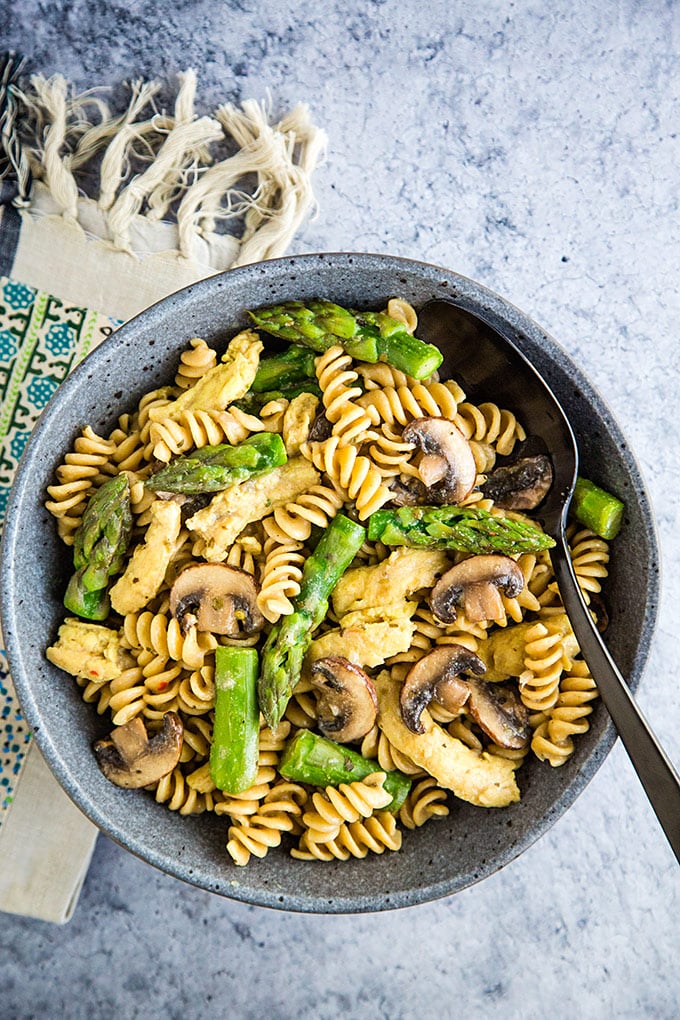
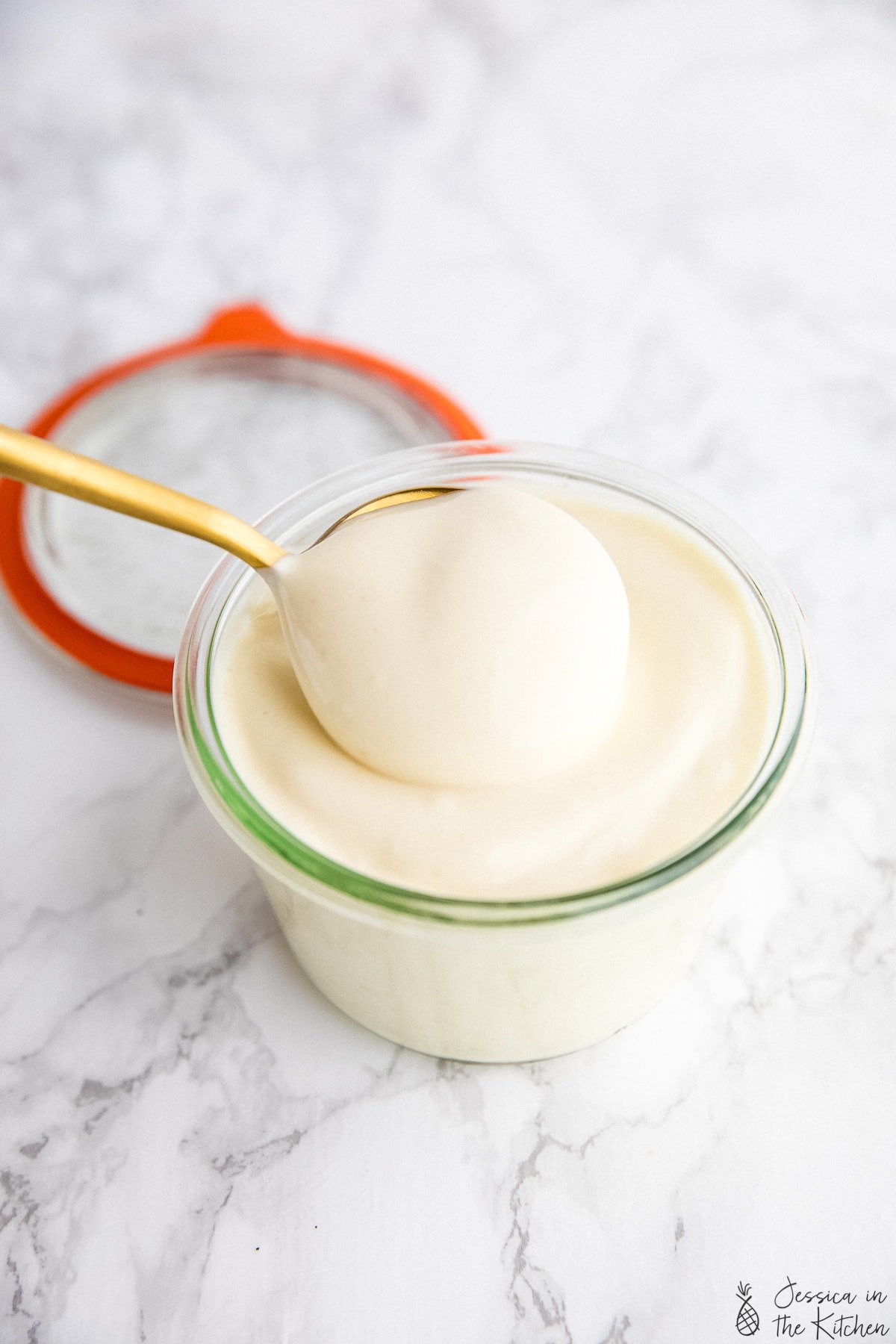
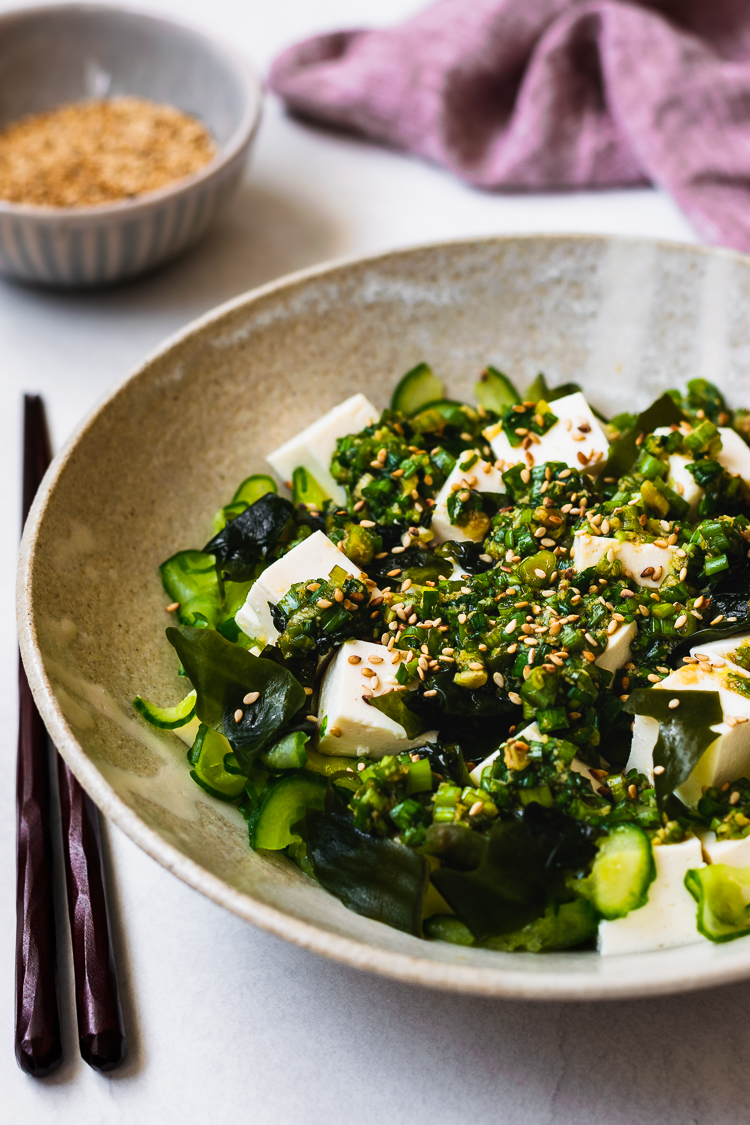
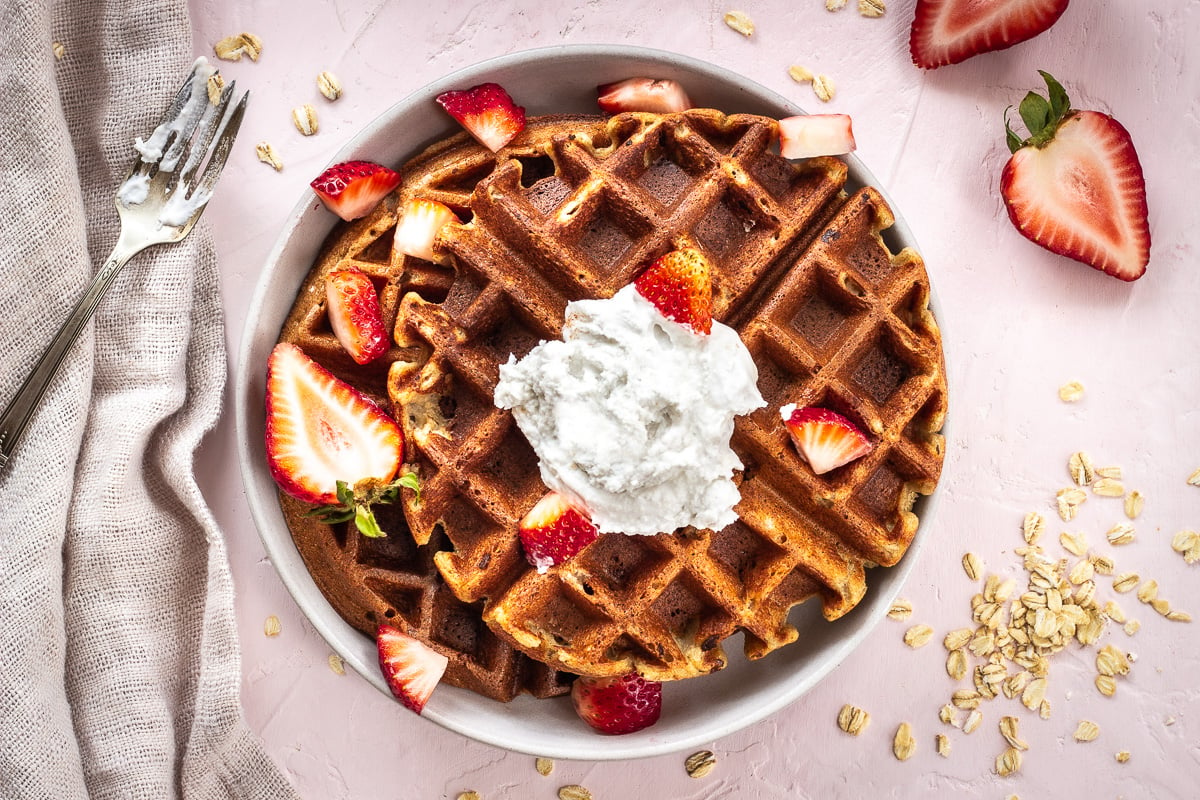
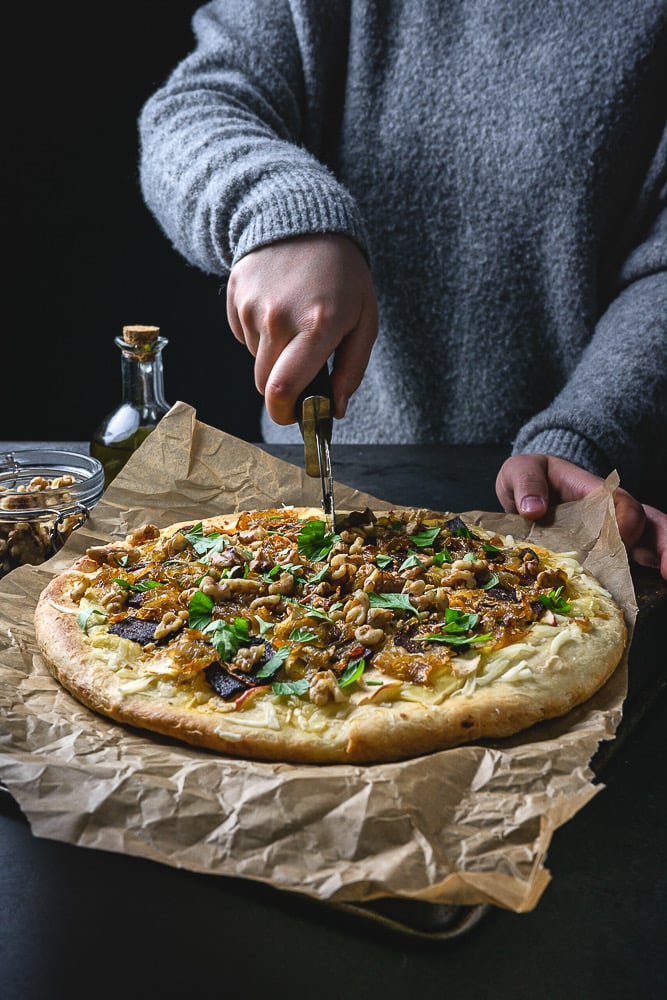
Leave a Comment
Dear Gena, it was a balm to my heart in these trying times to read you addressing these issues so openly and honestly. Facing our racist legacy and all the internalized white privilege we leave unexamined has been a life’s work in progress for me, and still is, both in the time I was a teacher and in my daily life even now. We have to be willing to work at it, to be uncomfortable, to make mistakes, and above all, to listen without centering ourselves. I have written a couple of blog posts about how I’ve grappled with some of this over the last few years, one called On The Street and another called Making Repair. I also highly recommend the work of Sacil Armstrong, an excellent antiracist facilitator I have taken a class from and followed. She is doing some free webinars and also offering a class coming up soon. I’ll put the link to her post below. She interweaves coming to terms with racism withe self-care and meditation as tools to strengthen us to undo what is holding us all back from living a better life. Thanks again for the way you addressed this and shared resources. Much appreciated! xoxo https://www.facebook.com/sacil.armstrong/videos/10220056756867910/
Thanks for the links!
I’m also from NYC and its painful to see my hometown burns like this. Just when small businesses are struggling to find a way out financially, the few bad seeds are causing harm and fear to the innocence. We need better leadership politically as well self education for humankind. All this can be avoided if we show more compassion and empathy for each other. take care Gena.